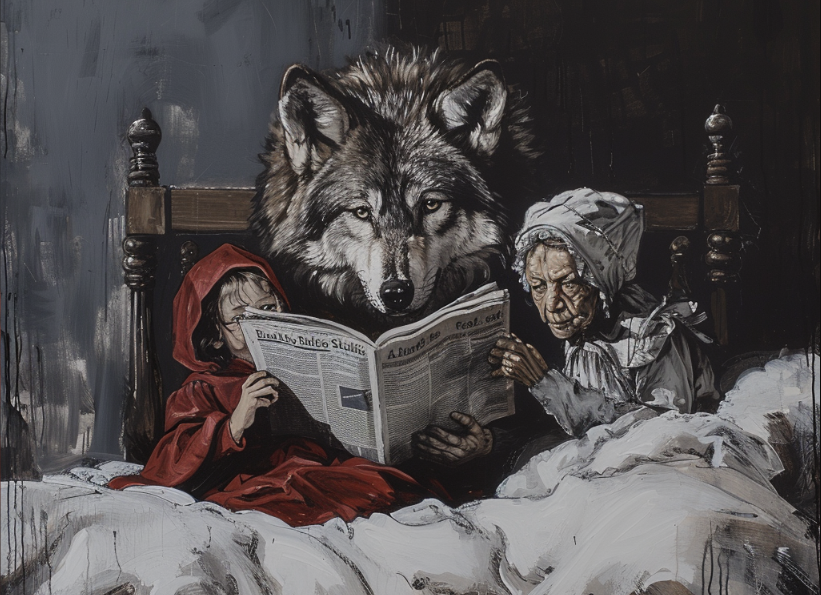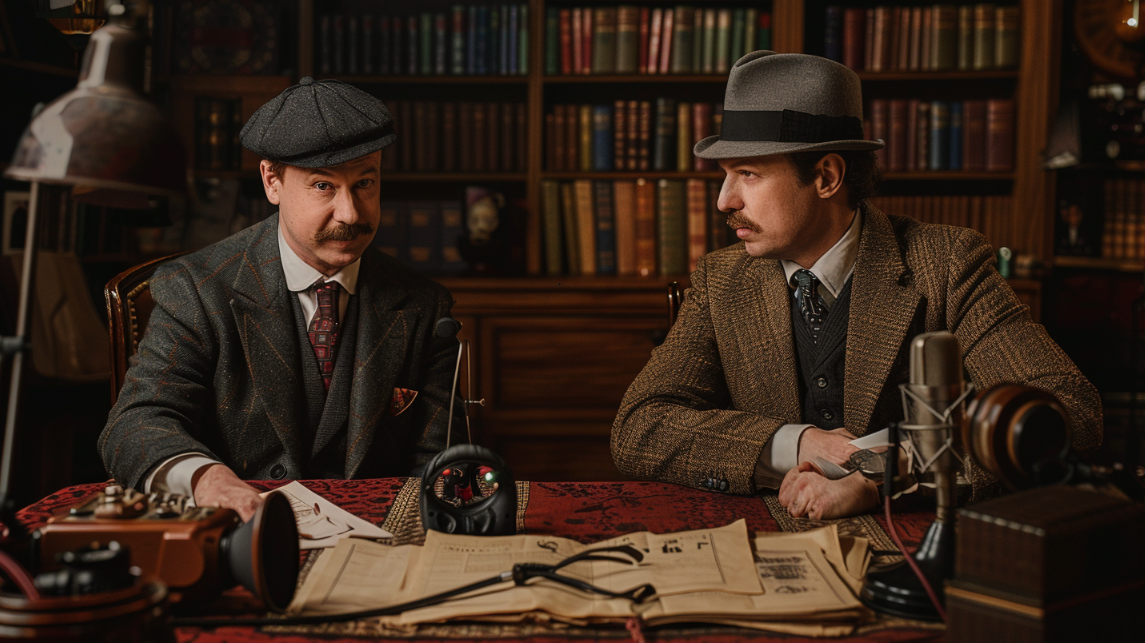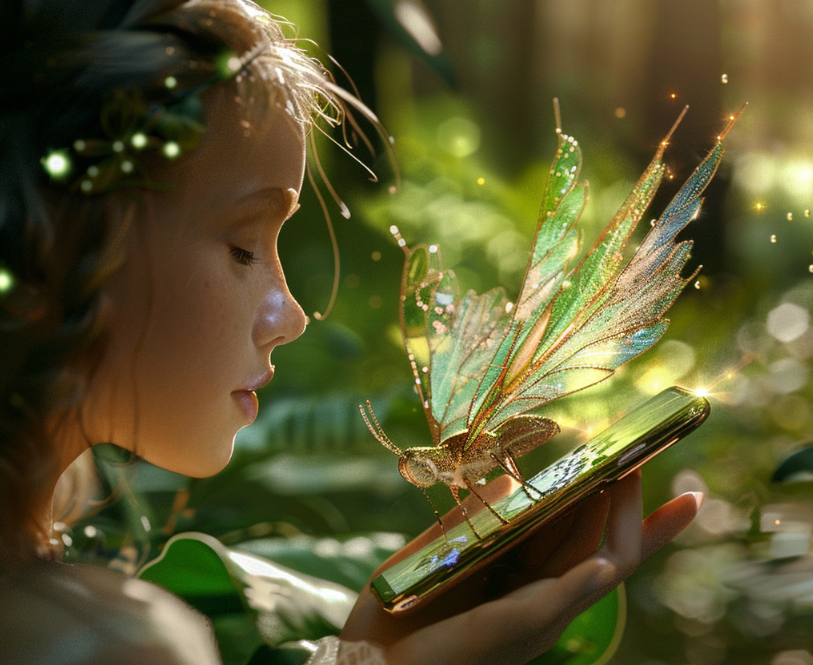I like the people vs. algorithms podcast. It’s an entertaining mix of insight and quirky personalities. The interactions between Alex, Troy and Brian are amusing.
In today’s podcast I’m going to talk about two things from two recent episodes.
One of the big conflicts in publishing today is what constitutes “fair use.” AI goes around slurping up everybody’s content on the assumption that they have the right to do that.
In episode 77, Brian Morrissey was explaining the perspective of somebody like Sam Altman, who would defend his notion of “fair use” by saying that content out on the internet is “public data.” Brian wasn’t advocating that position, and I think it’s important to emphasize how wrong-headed it is.
When a publisher puts content on the internet they still own it, they still have copyright, and they can still set the terms for how it’s used.
Content that’s monetized with ads has two implicit assumptions. First, that the ads are being seen, and second, that they’re being seen by a human. Unfortunately, publishers and their lawyers didn’t have the foresight to make those expectations explicit in their terms and conditions. That’s why we’re in the mess we’re in now. AI is using content in a way it was never intended to be used by the publisher, but it’s going to be harder to make that case legally because our lawyers let us down.
Publishers need to amend their terms and conditions to make that explicit.
The second thing was a quote from Tony Stubblebine who was a guest on episode 76. Tony’s at Medium, which is a publisher that has a different strategy than most publishers do today. He says they don’t want to compete in the attention market. That’s just not their thing.
Tony says that humans understand through storytelling, which partly resonates with me and partly irritates me. I see all this woo stuff on LinkedIn about storytelling, and my reaction is “no, just get to the point please.” I don’t want to hear about your grandmother’s garden, I want the recipe.
Then he said something else that grabbed my attention. “We’re never three bullet points away from understanding.”
I posted that to my family chat, and my daughter said, “yeah, but when I’m busy I really don’t need the 7-page backstory.”
More on storytelling. Last night I was watching the 3 body problem, and one of the bad guys was reading fairy tales to this race of extraterrestrials who were coming to Earth. That seemed silly at first, but it highlights an important difference between humans and these beings called the San-Ti.
We learn through story. If you were to break down Little Red Riding Hood into five bullet points, it just wouldn’t be the same. The story raises so many questions. Why is the wolf speaking? How could it fool Red Riding Hood? If the wolf wants to eat her, why is it bothering with the whole grandma gig?
A good story has layers and layers of meaning, and it’s one of the primary ways that we understand things.
But, as my daughter says, sometimes you don’t want the deep woo stuff, you just want an answer.



